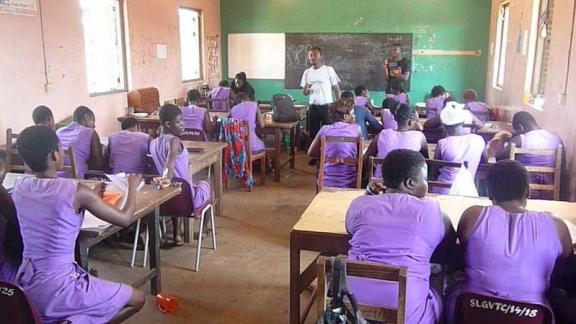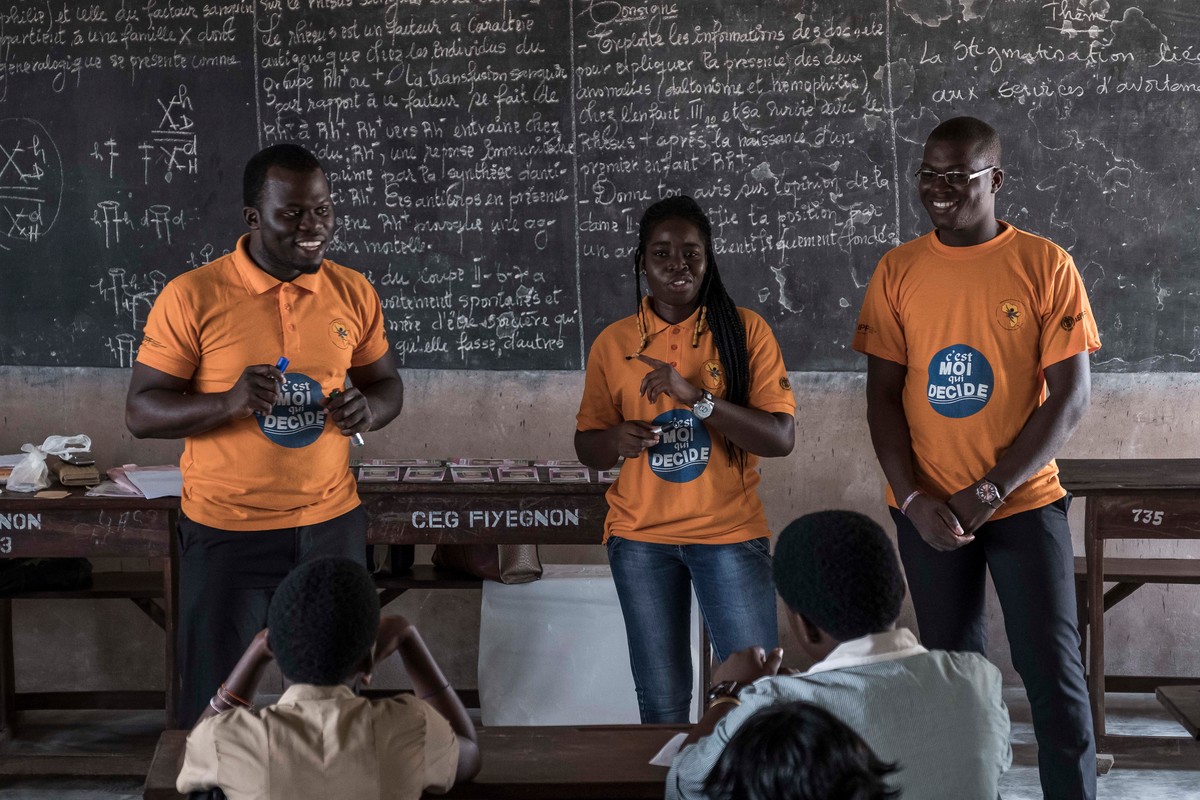A recent Guttmacher Institute study of 15-17 year olds in Kenya1 shows that, shockingly, only 2% of students interviewed reported receiving fully comprehensive sexuality education. Almost all students (93%) considered sexuality education to be useful in their personal lives, and indeed a quarter of those interviewed were already sexually active. Despite this, the reality is that comprehensive, rights-based education is simply not being provided – with teachers being under-trained and often misinformed, and both teachers and students reporting embarrassment around broaching the subject of sexuality.
One topic which is often left out of education programmes altogether, due to this discomfiture and social stigma, is abortion. Where Kenyan teachers did address the subject, “two thirds strongly emphasized that abortion is immoral”. A similar tendency was found in UNESCO’s review of sexuality education programmes in East and Southern Africa2; where the topic of abortion was either neglected, or was taught in ways deemed to be ‘inappropriate’. Information about abortion was often found to be inaccurate and/or judgemental – for example in Uganda,
“Value statements (e.g. ‘abortion is murder’ and ‘masturbation is deviant’) are presented as if they are factual rather than religious perspectives.”
The lack of practical information on how to avoid unwanted pregnancy, and on how to access safe abortion, along with the shaming of those who seek abortion is particularly worrying in a region where unsafe abortion is rife. Approximately 1.6 million women in Africa are treated annually for complications resulting from unsafe abortion3 – often due to lack of education and information on safe methods.
Reports from the UK and Ireland also show that young people are being given false and stigmatising information about abortion – and a student in Canada recently reported a lesson in which an anti-abortion speaker compared abortion to the Holocaust.
Noting that abortion is often left out of sexuality education programmes completely, or covered in ways which misinform, confuse or upset young people, IPPF has created a comprehensive resource to help educators tackle the subject
Because we know that a lack of information about contraception and abortion negatively affects young people’s health, we think it’s important that even ‘sensitive’ subjects like this are covered openly and accurately. Only then can young people make informed decisions.
Subscribe to IPPF's newsletter!
References:
1 https://www.guttmacher.org/fact-sheet/sexuality-education-kenya
2 http://unesdoc.unesco.org/images/0022/002211/221121e.pdf
3 https://www.guttmacher.org/fact-sheet/facts-abortion-africa
when
Blog Series
Fighting Stigma
Subject
Abortion Care










